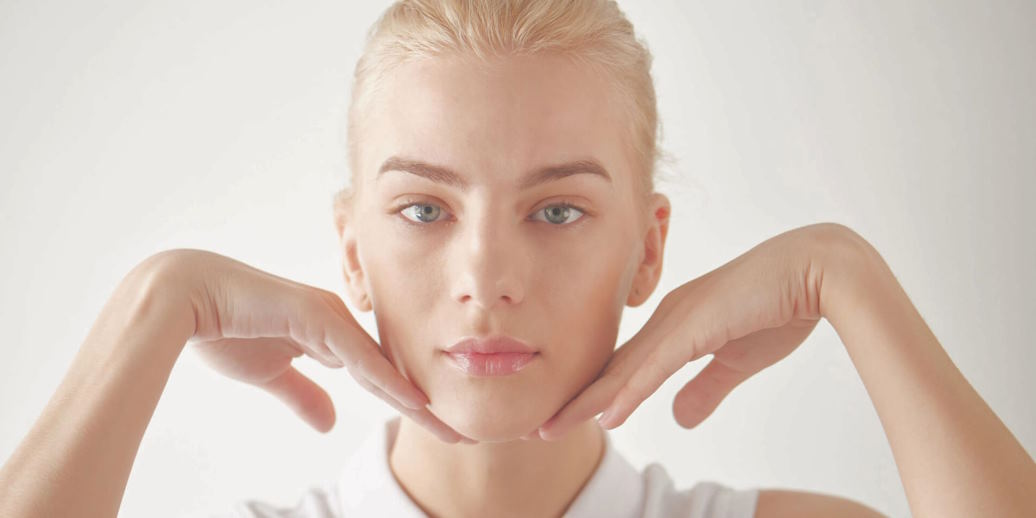Face Yoga has become increasingly popular among people who want to keep skin young, fresh, and shiny. While traditional yoga poses enhance flexibility and strength, face yoga claims to exercise the muscles beneath our skin, promising to smooth away wrinkles and rejuvenate our appearance. But does such practice live up to its promises, or is it merely another fleeting trend in the ever-evolving realm of beauty?
In what way does face yoga influence our skin?
Improved Blood Circulation
Such exercises involve various facial movements and stretches. These movements can increase blood flow to the skin, providing more oxygen and nutrients. Improved circulation can contribute to a healthier complexion.
Enhanced Muscle Tone
Just like regular yoga helps tone and strengthen the body’s muscles, face yoga aims to tone the facial muscles. It can lead to firmer and more lifted skin, reducing the appearance of sagging.
Stress Reduction
Practicing face yoga often involves relaxation techniques and mindful breathing. So, in this way, you can reduce stress, which is known to have adverse effects on the skin, such as acne breakouts and premature aging.

Increased Lymphatic Drainage
Such exercises may stimulate the lymphatic system, aiding in removing toxins and reducing puffiness.
It’s important to note that while some people report positive results, scientific research on its effectiveness is still limited. Results may vary from person to person, and consistency in practice is often key to achieving potential benefits.
How often is it recommended to do face yoga?
The frequency of practicing face yoga varies, but most recommend daily sessions of 15-20 minutes or 3-5 times a week. Consistency is crucial, allowing you to adapt the routine based on your skin’s response and muscle fatigue. Besides, integrating face yoga with a skincare regimen, including cleansing and moisturizing, enhances its effectiveness.
Can everyone do it?
Face yoga is generally safe for individuals of various ages and fitness levels. However, those with certain medical conditions or skin sensitivities should consult a healthcare professional before starting.



